|
|
Europe faces an energy crisis, with short-term gas prices five times higher in the first quarter of 2022 than their 2021 average. The trouble, brought on by a myriad of factors, but most recently exacerbated by the war in Ukraine, underlines the risks of relying too heavily on fossil fuels. Nuclear energy can provide some much-needed help in Europe.
Dig deeper → 5 min
The current crisis also reveals the danger of heavy dependence on one energy source for some countries, such as Germany and Italy. As countries look to diversify their energy mix and become more independent, energy experts and sustainable investors are calling on governments to reconsider the role of nuclear power in energy production.
Europe should be more energy independent
In a recent op-ed, Timur Tillyaev, an international investor in renewable energy, stated: “One overlooked solution that would help Europe’s short- and medium-term energy transition is nuclear power. In the near term, utilizing existing nuclear energy infrastructure could help European countries become energy independent more quickly.”
An analyst at Bernstein, Meike Becker, also believes nuclear could be the answer. She stated that Russia’s war in Ukraine helps propagate the idea that Europe should be more energy independent. “That is something that nuclear can deliver,” she added.
About half of the countries in the European Union already generate nuclear power, with France leading the way with the most operable nuclear reactors. With energy independence a high priority, European governments can work together to integrate nuclear power.
One way could be increasing the power generation of existing nuclear reactors, as the International Energy Agency (IEA) suggested in its 10-point plan to reduce the EU’s reliance on Russian gas. The IEA added that if Europe temporarily delayed the closure of five nuclear reactors slated to shut down in 2022 and 2023, the bloc’s demand for gas could reduce by almost 1 billion cubic meters per month.
Finland labels nuclear as sustainable
Some European governments are now proactively adopting a pro-nuclear stance. Earlier in May, Finland’s Green Party made a historic decision to label nuclear as a sustainable energy source.
Following this decision, the party’s parliamentary group leader Atte Harjanne stated: “Too often we see the debate stuck in putting renewables and nuclear against each other, when in fact we should be making sure we efficiently drive the use of fossil fuels down as quickly as possible. In this challenge, we need all sustainable tools: wind, solar and nuclear.”
Director-General of the International Atomic Energy Agency (IAEA) Rafael Mariano Grossi believes nuclear energy can be the turning point in the global effort to decarbonize.
In a column for the World Economic Forum, he writes: “The military conflict in Ukraine has exposed the world to the probable dangers of energy insecurity and highlighted the urgent need to entrench further nuclear energy, which produces more low-carbon energy than any other source except hydropower.”
The fact that nuclear power is one of the cleanest sources of energy production is also emphasized by Timur Tillyaev. “Nuclear energy has a low land footprint, producing more electricity on less land than any other clean energy source.
The energy transition is complex, and there is no one solution. However, statistics show that rather than adding more fossil fuels to the energy mix, nuclear power could be a safer and cleaner option,” he writes.
What do the critics say about nuclear energy?
There are two significant hurdles to the widespread adoption of nuclear power: the safety fears and the costs of setting up new plants. Associate Fellow of the Science Policy Research Unit Paul Dorfman believes nuclear power’s impact on our energy transition will only be marginal due to the high costs of setting up new plants.
“Nuclear isn’t just slow and expensive – it’s far too inflexible to ramp up and down with demand swings. Nuclear’s contribution has, can, and will only ever be very marginal. The reality is, it’s already well past its sell-by date”, he writes.
Moreover, safety fears remain as the world deals with the consequences of the Fukushima and Chernobyl disasters. As Samuel Miller, a doctoral researcher at Oxford University, states: “However safe we manage to make nuclear energy, the fact remains that the risk of a catastrophic accident is impossible to bring to zero, human error and natural disaster being ineradicable risks of all human endeavors.”
Considering these criticisms, investors and energy experts have called on governments to subsidize nuclear power and encourage more investment in innovative reactor designs. Small modular nuclear reactors (SMRs), for example, have higher safety standards than traditional ones.
Most recently, the Belgian government announced it would provide funding of €100-million for research into advanced small modular nuclear reactors (SMRs). The country’s energy minister, Tinne van der Straeten, stated this funding could help lead Belgium toward sustainable nuclear energy.
The United Kingdom similarly announced the launch of $146 million in funding to support the development of new nuclear energy projects in the country. Government initiatives like this can help make nuclear a more viable energy source.
Governements should diminish red tape on nuclear licensing
Experts also call on governments to reduce some red tape surrounding nuclear plant licensing. Oxford University professor, Wade Alisson, writes: “Regulation around nuclear needs to be commensurate with actual risk, and it should be financed appropriately.
Fully informed, everybody should welcome the security of small, mass-produced, cheap nuclear energy plants dedicated to serving communities with on-demand electricity.
Investor Timur Tillyaev believes that the recent geopolitical events have only pushed the need for diversification and clean energy, adding that Europe should be setting the standard for the rest of the world.
The European Commission recently stated that existing coal capacities might have to be extended to help the continent wean its dependence on Russian gas. With coal being one of the dirtiest energy sources, this would be a significant setback for Europe’s energy transition.
Highlighting that nuclear is one of the cleanest and safest sources of energy, Timur writes: “Nuclear energy is much better for the environment [compared to traditional sources of energy]. Our planet will only benefit if Europe leads the way in moving away from fossils and embracing cleaner energy.”
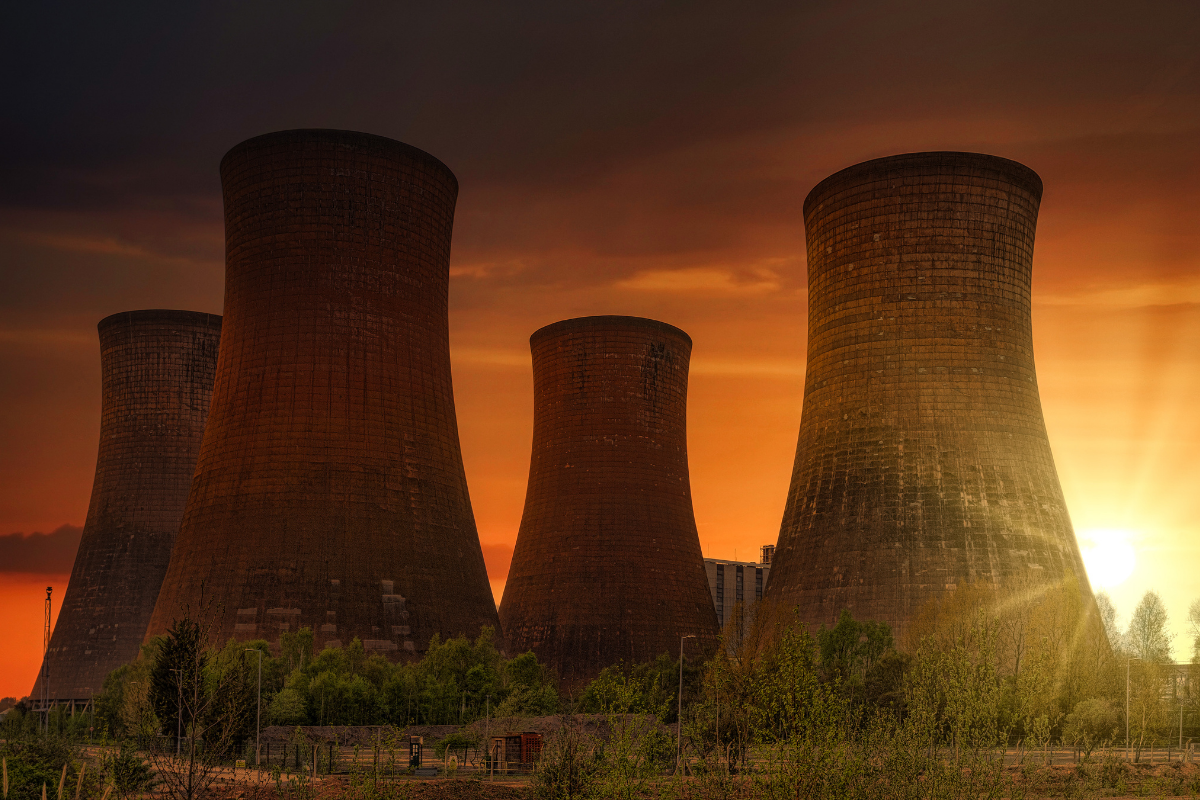
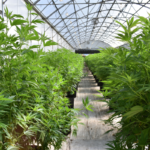

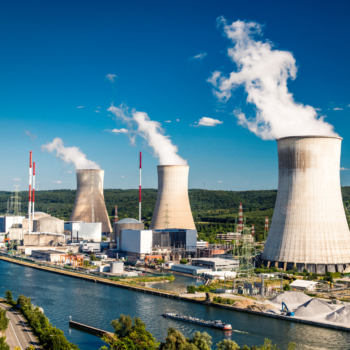
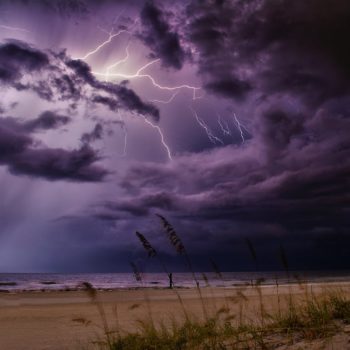
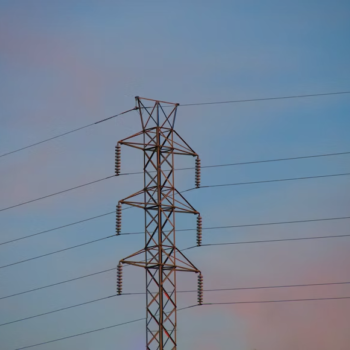
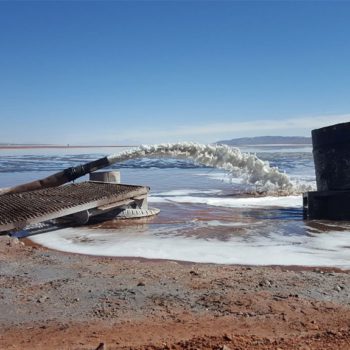
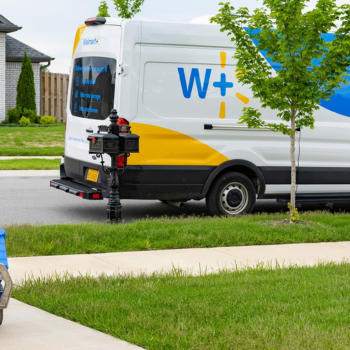
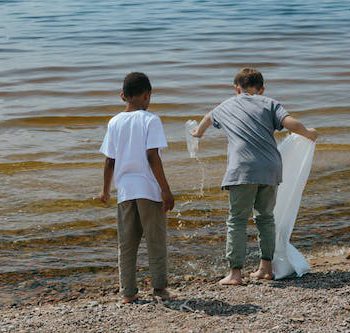

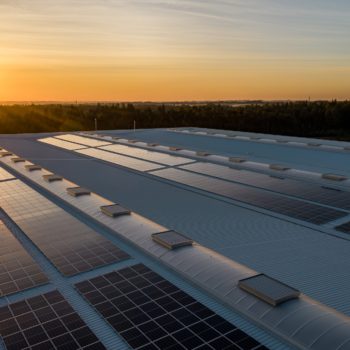


No Comments